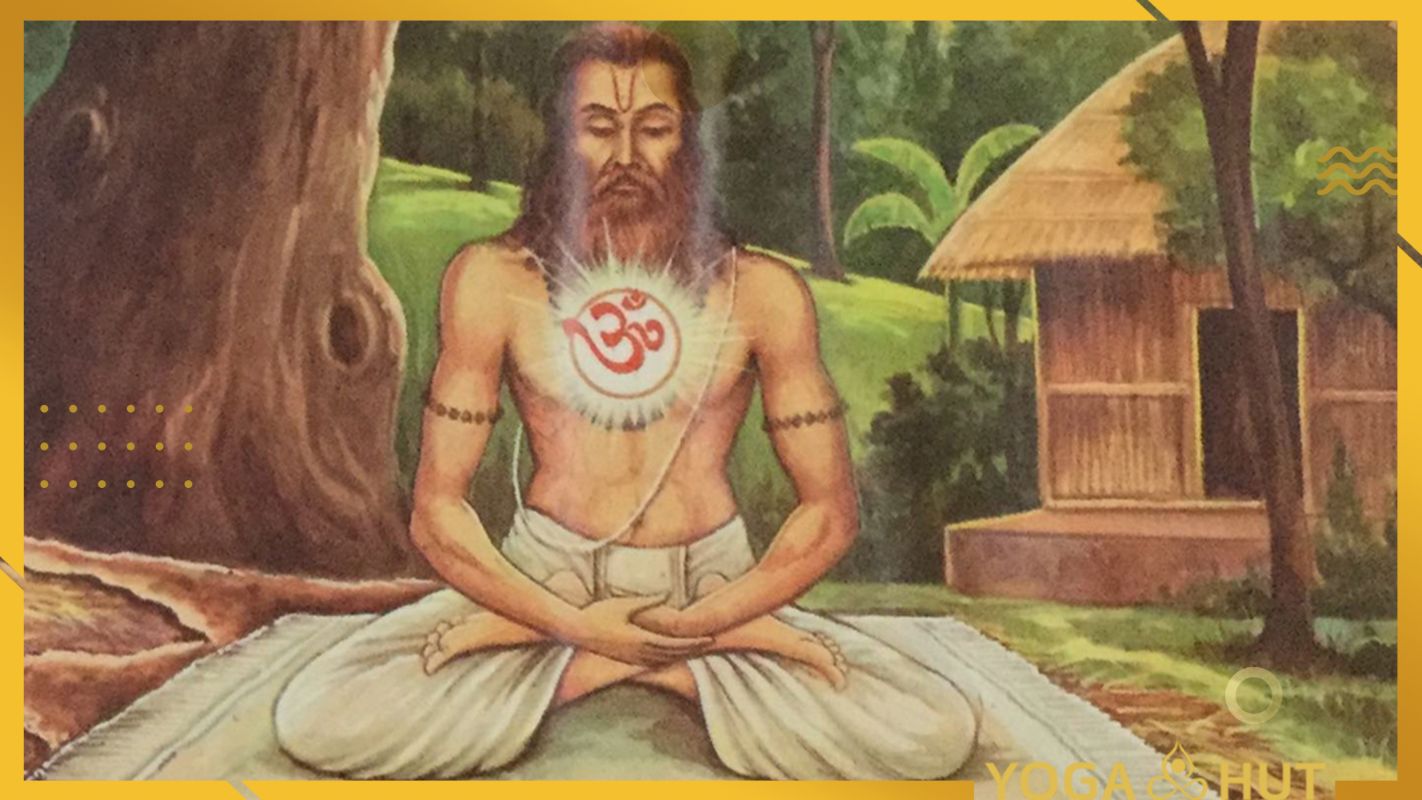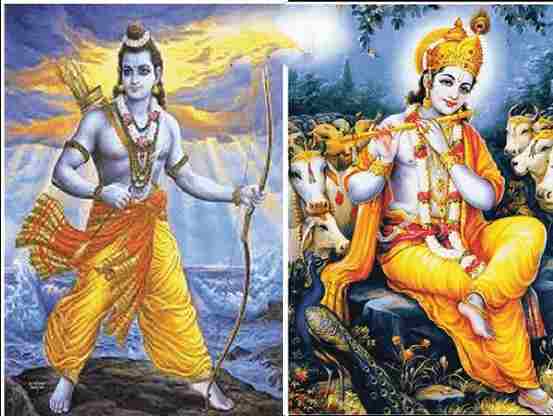““The conception of God and the conception of the Absolute Truth are not on the same level. The Śrīmad-Bhāgavatam hits on the target of the Absolute Truth. The conception of God indicates the controller, whereas the conception of the Absolute Truth indicates the summum bonum, or the ultimate source of all energies.” Here Śrīla Prabhupāda touches upon a fundamental philosophical point. God is commonly defined as “the supreme being,” and the dictionary defines supreme as (1) highest in rank, power, authority, etc; (2) highest in quality, achievement, performance, etc; (3) highest in degree; and (4) final, ultimate. None of these definitions adequately indicates absolute existence.
For example, we may say that a particular American is supremely wealthy in the sense that he is wealthier than any other American, or we may speak of the Supreme Court as the highest court in the land, although it certainly does not have absolute authority in all political and social matters, since it shares authority in these fields with the legislature and the president. In other words, the word supreme indicates the best in a hierarchy, and thus the supreme being may merely be understood as the best or greatest of all beings but not as the very source of all other beings and, indeed, of everything that exists. Thus Śrīla Prabhupāda specifically points out that the concept of the Absolute Truth, Kṛṣṇa, is higher than the concept of a supreme being, and this point is essential to a clear understanding of Vaiṣṇava philosophy.”
Source:A.C. Bhaktivedanta Swami Prabhupada (2014 edition), “Srimad Bhagavatam”, Tenth Canto, Chapter 60 – Text 37





















Leave A Comment